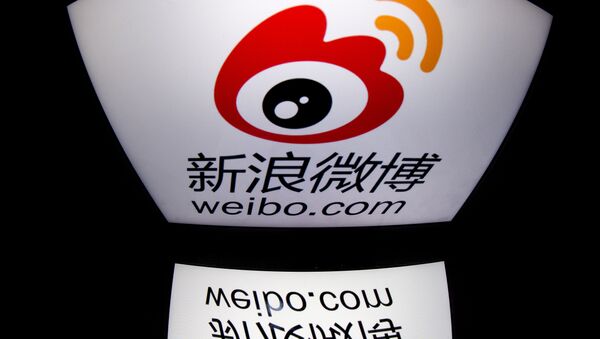MOSCOW (Sputnik) — On Friday, the Cyberspace Administration of China (CAC) announced that the Tieba communication platform, the WeChat messenger and Weibo, which is the analogue of Twitter, were suspected of breaching cybersecurity law by not fulfilling their responsibility in censoring illegal content posted on the networks by their users.
According to the CGTN TV channel, all three companies made separate statements earlier in the day declaring their readiness to actively cooperate with the CAC and expressing regret over the existence of violations.
Several of the most popular websites in the world are banned in China, including Google, YouTube, Twitter, Facebook and a number of top world media.
On Friday, The New York Times newspaper reported, citing its source, that Facebook launched its mobile application in China under a different name. According to the media, the Colorful Balloons app, released in May by the Youge Internet Technology, completely repeats the interface and the functions of the Moments app, developed by Facebook, and can be used by the WeChat users.





